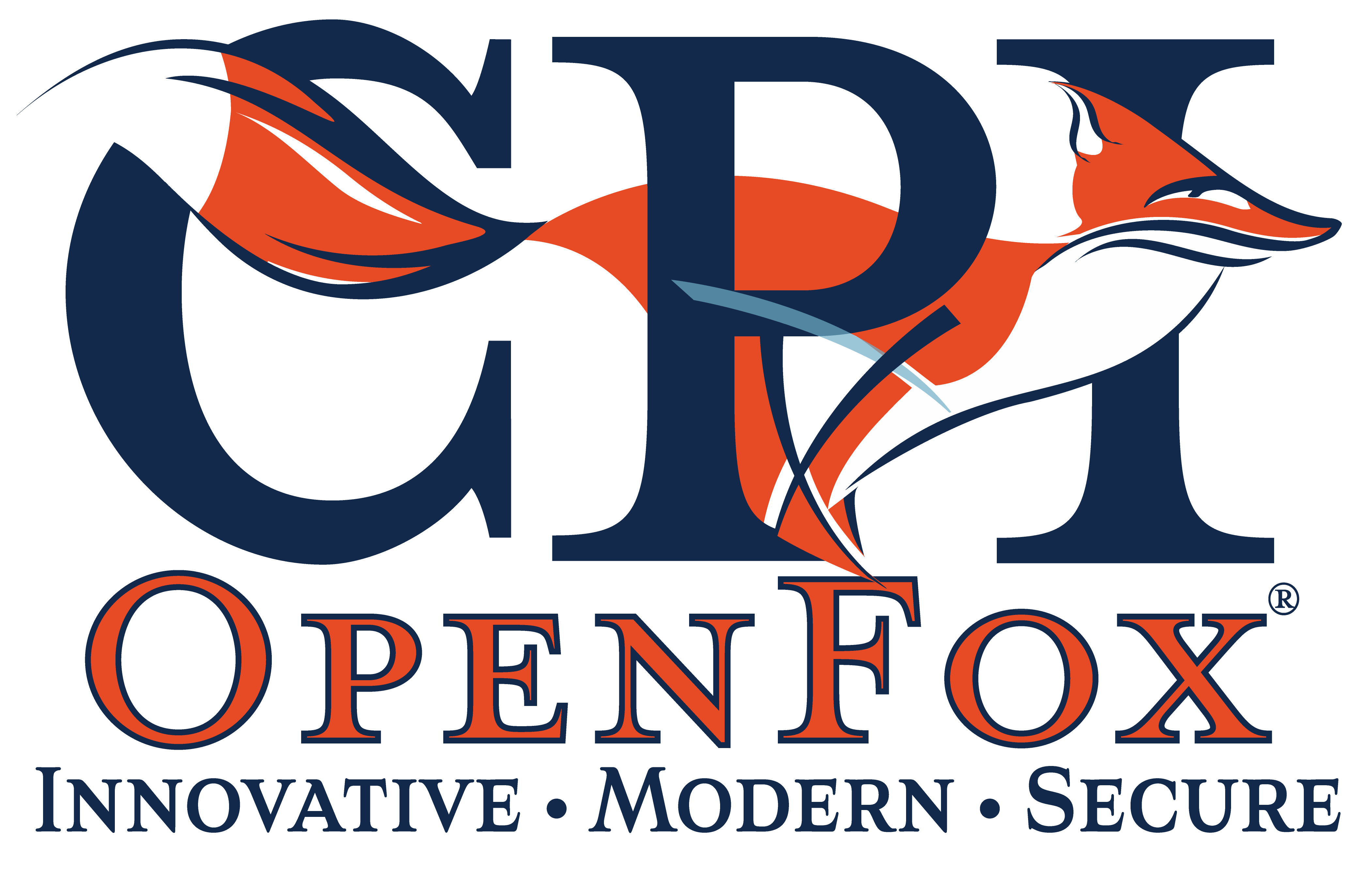When it comes to software deployment, law enforcement agencies now have two main options: on-premise software and cloud computing. Over the past decade, countless agencies have made the move from on-premise solutions to cloud delivery models. In fact, cloud services grew 18.4 percent in 2021 to a total of $304.9 billion, up from $257.5 billion, according to Gartner.
Regardless of its popularity, many organizations are hesitant to make this critical change. Learn more about on-premise and cloud software deployment and what these solutions could mean for law enforcement.
What Is On-Premise?
 On-premises is a type of software deployment method in which computer programs are installed directly on the users’ computers via USB or CD drives. Some law enforcement is drawn to on-premise software deployment as it does not require third-party access. This means that the agency maintains full physical control over the server hardware and software. With on-premise deployment, there is also no fee for month-to-month access.
On-premises is a type of software deployment method in which computer programs are installed directly on the users’ computers via USB or CD drives. Some law enforcement is drawn to on-premise software deployment as it does not require third-party access. This means that the agency maintains full physical control over the server hardware and software. With on-premise deployment, there is also no fee for month-to-month access.
There are some distinct differences between on-premise and off-premise software. On-premises software operates within the user’s datacenter using the user’s computing hardware instead of a cloud provider. Some of the most commonly used consumer and enterprise applications that require licenses per computer or server are on-premises software programs.
There are many factors that law enforcement agencies must consider when choosing between on-premise and cloud software deployment, such as the size of the agency, budget and ease of use. Here is a look at some of the top pros and cons of on-premise software deployment.
Pros:
- Gives businesses control over their servers
- Critical data is kept in-house and no third parties have access to this information
- No internet connection is required to access the data
- Can be more cost-efficient for businesses not concerned about uptime
Cons:
- Requires a significant capital investment in infrastructure and hardware
- Is more susceptible to data loss during disasters, such as fires and inclement weather
- Requires space in the office for server room/closet or rack space
- No guarantees of uptime
- Requires a dedicated IT staff
What Is Cloud Computing?
 Cloud computing is a popular on-demand delivery of IT resources available over the internet. With cloud computing, users can access data in any location where an internet-enabled device is available. Cloud computing uses pay-as-you-go pricing, meaning law enforcement agencies only pay for what they need. Services can be decreased as needed to save money, or increased to scale up as the agency grows.
Cloud computing is a popular on-demand delivery of IT resources available over the internet. With cloud computing, users can access data in any location where an internet-enabled device is available. Cloud computing uses pay-as-you-go pricing, meaning law enforcement agencies only pay for what they need. Services can be decreased as needed to save money, or increased to scale up as the agency grows.
There are countless benefits that cloud computing has over traditional on-premise software. Cloud computing eliminates the upfront expense of purchasing software and hardware, as well as establishing and maintaining on-site datacenters. Racks of servers require round-the-clock electricity which can also add up. Cloud computing eliminates these on-site servers which can save businesses money on power.
Most cloud computing services are provided via on-demand and self-service, allowing agencies to get up and running in just a few hours. Cloud computing makes data backup, business continuity and disaster recovery easier and more affordable as data can be backed up at several sites within the network of the cloud provider. Here are some of the top pros and cons of cloud computing:
Pros:
- Onsite hardware and capital expenses are eliminated, allowing agencies to grow rapidly without outgrowing their infrastructure
- Can be easily scaled up as needed with solutions that are on-demand, meaning agencies only pay for the options they want
- Users can connect from any location using a smartphone, tablet or computers
- Agencies can implement bring your own device (BYOD) policies
- Data loss is unlikely as data can be backed up in the cloud as often as every 15 minutes
Cons:
- Users are limited based on the speed of the internet connection
- Businesses can lose access to their data when the internet goes down on either their side of the cloud provider’s end
- Third-party cloud service providers have direct access to the business’s data
- For certain businesses that are not as dependent on uptime, the cost of cloud computing can sometimes outweigh the advantages
Which Is Right for Your Agency?
 There is no right or wrong answer as to what type of software deployment is best for a specific law enforcement agency. Agencies must consider if they can afford the upfront investment required for an on-premise solution or if they want to get up and running quickly with a cloud solution.
There is no right or wrong answer as to what type of software deployment is best for a specific law enforcement agency. Agencies must consider if they can afford the upfront investment required for an on-premise solution or if they want to get up and running quickly with a cloud solution.
They must also consider if they have the tools necessary to maintain top-level security. While it is not possible to prevent every variety of attacks with cloud computing, the cloud is well-designed to significantly reduce the risk of cyber-attacks. In the majority of cases, cloud computing is more secure than on-premise solutions.
CPI OpenFox is a leader in innovative law enforcement software solutions. The OpenFox product suite includes enterprise-grade programs designed to streamline workflows and optimize critical law enforcement processes. To learn more about software for law enforcement, schedule a consultation with CPI today.

